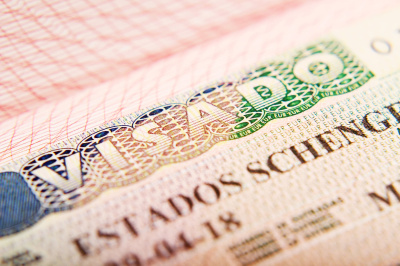The Specifics of Renouncing Citizenship in the Russian Federation in Light of Recent Legislative Changes
On October 24, 2023, Federal law #138-FZ “On Russian Federation citizenship” (“The Law on citizenship”) from 4/28/2023 went into effect. On the basis of the new Law on citizenship, Russian Federation Presidential Decree #889 was issued, “Russian Federation citizenship issues” from 11/22/2023.
Among the details featured in the law’s new provisions are provisions explaining the procedure for renouncing Russian Federation citizenship.
Compared to the citizenship law which has become obsolete, the list of grounds has been extended under which it’s prohibited to renounce Russian citizenship. A provision has been added in that one cannot renounce Russian citizenship who has enforcement proceedings in the process of being carried out.
The provision has also been changed prohibiting renunciation of citizenship in the case that the person has currently unfulfilled obligations to the government. Whereas the old law referred to unfulfilled obligations to the Russian Federation, the new law refers to unfulfilled obligations to the Russian Federation as well as to municipal formations in terms of duties, fees, taxes, and fines to be paid.
The law features the concept of “other unfulfilled obligations to the Russian Federation”. Among these obligations is the duty of male citizens of the Russian Federation to undergo military service upon being drafted, which is established by Russian law “On military duty and military service”.
Consequently, if a male citizen of the Russian Federation between the ages of 18 and 30 fails to fulfill his obligation in undergoing military service upon being drafted for no legal reason whatsoever, the citizen will not be allowed to renounce their Russian citizenship.
This is confirmed by provisions of the new Russian Federation Presidential Decree “Russian Federation citizenship issues”. It’s stated in the decree that for a male between the ages of 18 to 30 to renounce his Russian Federation citizenship, he will be required to submit documents proving completion of military service upon being drafted or the legal grounds for why he is unable to serve.
Thus, a man between the ages of 18 to 30 must provide evidence that he has completed compulsory military service or has the right to an exemption from military conscription. Meanwhile, the new law and Presidential Decree contain no exceptions for citizens permanently residing in the territory of another country.
Therefor, a citizen of the Russian Federation residing abroad who wishes to renounce his citizenship cannot do so until he registers for military service, completes expedited military conscription, or receives an exemption from military service (in the case that grounds for an exemption exist).
Barring the Russian Federation citizen’s ability to do so, the conclusion will be that he will not be able to renounce Russian citizenship until he reaches the age of 30.
Other articles on the topic
View articles




